According to a new study, twenty corporations are responsible for processing more than half of all single-use plastic waste in the world, fueling the climate crisis and wreaking havoc on the environment.
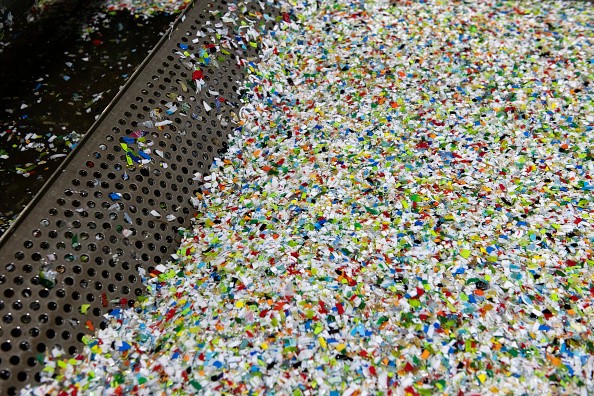
The recent detailed report showed that state-owned and international firms, including oil and gas giants and chemical industries, are responsible for 55 percent of the world's plastic packaging waste.
Plastic Waste Makers Index
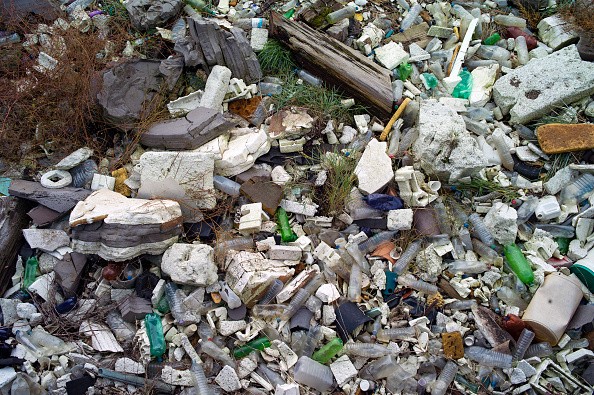
The Plastic Waste Makers index shows for the first time the companies that make the polymers that go into throwaway plastic products like face masks, containers, and bottles, which pollute the oceans or are burnt or dumped into the garbage at the end of their short lives.
According to the study conducted by Wood Mackenzie, the London School of Economics, and the Stockholm Environment Institute, ExxonMobil is the world's largest single-use plastic waste polluter, adding 5.9 million tons to the global waste mountain. Dow Chemical, the world's biggest plastics group, produced 5.5 million tons of plastic waste, while Sinopec, China's oil and gas company, produced 5.3 million tons.
20 Companies

Eleven of the companies were from Asia, four from Europe, three from North America, one from Latin America, and one from the Middle East. Leading banks, including Barclays, HSBC, Bank of America, Citigroup, and JPMorgan Chase, finance their plastic manufacturing.
According to the report, the top 20 multinational businesses' plastic waste footprint accounts for more than half of the 130 million metric tons of single-use plastic discarded in 2019.
Single-Use Plastics
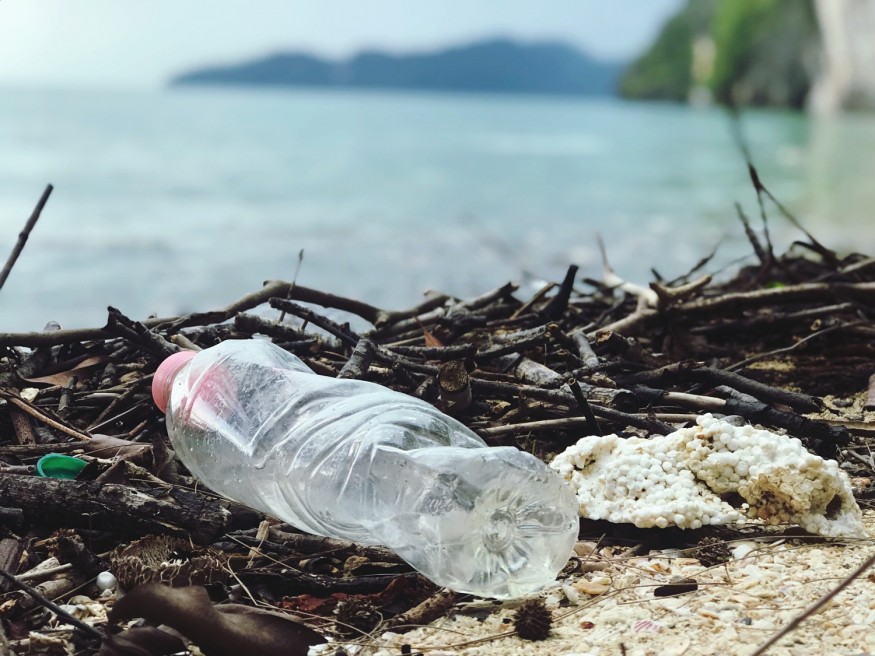
Single-use plastics are almost entirely made from fossil oil, contributing to the climate crisis, and they are among the most challenging things to recycle, resulting in global waste mountains. Per year, only 10% to 15% of single-use plastic is recycled worldwide.
The study offers a rare look at the limited number of petrochemical firms and their financial sponsors that produce nearly all single-use plastic waste around the world.
The pioneering research, according to Al Gore, an environmentalist and former US vice president, revealed how fossil fuel producers were scrambling to turn to plastic manufacturing when two of their major industries - transportation and power generation - decarbonized.
"Because most plastic is produced from oil and gas - especially fracked gas - plastic production and use are becoming a major contributor to the climate crisis," Gore said.
"Moreover, the resulting plastic waste - especially from single-use plastics - is piling up in landfills, along roadsides, and in waterways that bring large quantities of plastic waste into the ocean."
Related Articles:
Read also: Seafood's Secret Ingredient: Microplastic
Worsening Plastic Problem
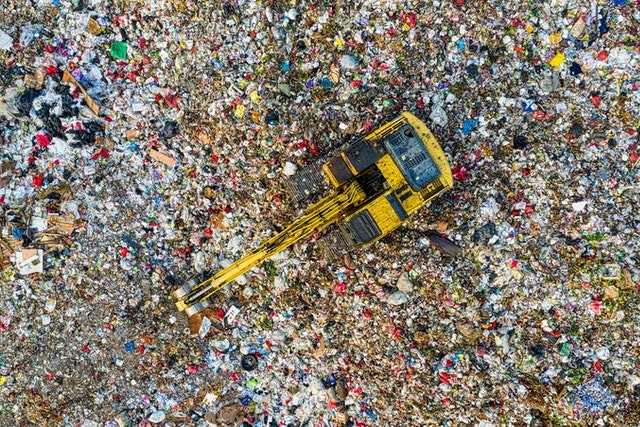
Per year, the plastic waste problem worsens. Global capacity to manufacture virgin polymers for single-use plastics could increase by more than 30% in the next five years.
Plastic is projected to account for 5% to 10% of greenhouse gas emissions by 2050.
"An environmental disaster looms: much of the resulting single-use plastic waste will end up as pollutants in developed nations with inadequate waste management systems," the authors of the study warned. "Without regulatory stimulus, the expected pace of growth in the availability of these virgin polymers... would certainly hold fresh, circular models of manufacture and reuse 'out of the money."
Plastic Industry
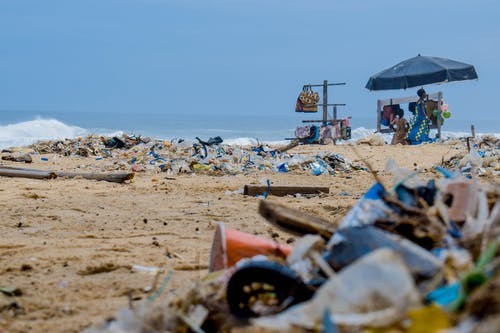
For decades, the plastics industry has been able to function with little oversight and little accountability, according to the paper. "These corporations are to blame for the single-use plastic crisis: their manufacture of new 'virgin' polymers from crude, gas, and coal feedstocks perpetuates the plastics economy's take-make-waste cycle."
This, according to the paper, jeopardizes the transition to a circular economy, which includes producing recycled polymers from plastic waste, reusing plastic, and substituting products. Just 2% of single-use plastic in 2019 was manufactured from recycled polymers.
Dr. Andrew Forrest AO, chairman of the Minderoo Foundation, said, "Plastic waste is one of the biggest and most important challenges facing our world." "The current situation is only going to get worse, and we absolutely cannot encourage manufacturers of fossil fuel-derived plastics to operate unchecked. With our waters choking and plastic wreaking havoc on our health, manufacturers, states, and the financial sector must move quickly to break the cycle of inaction."
For more environmental news, don't forget to follow Nature World News!
© 2025 NatureWorldNews.com All rights reserved. Do not reproduce without permission.





